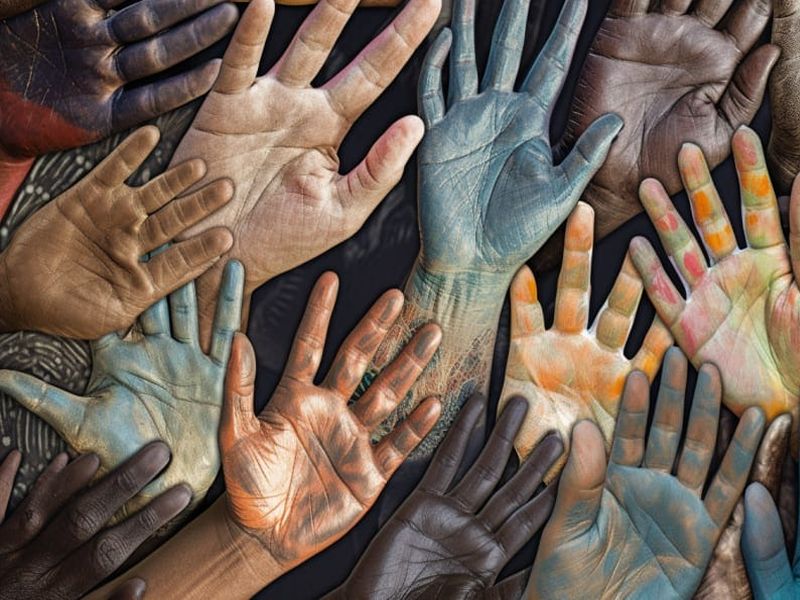The importance of empathy in modern society

- 167
- 0
Empathy, the ability to understand and share the feelings of others, stands as a cornerstone of human connection and social harmony in our increasingly complex world. In modern society, where diverse cultures, beliefs, and experiences intersect, empathy plays a pivotal role in fostering understanding, compassion, and mutual respect among individuals and communities.
This article delves into why empathy is crucial, its benefits, and how cultivating empathy can lead to a more empathetic and cohesive society. Understanding Empathy Empathy goes beyond sympathy or pity; it involves actively stepping into another person's shoes and comprehending their emotions, perspectives, and experiences. It enables individuals to connect on a deeper level, bridging gaps in understanding and promoting meaningful relationships based on trust and mutual support. Promoting Social Cohesion In a world marked by cultural diversity and ideological differences, empathy serves as a unifying force.
It allows people to acknowledge and appreciate the unique backgrounds and viewpoints of others, thereby reducing prejudice, discrimination, and social divisions. By fostering empathy, societies can cultivate an inclusive environment where every individual feels valued and understood. Enhancing Communication and Collaboration Effective communication is integral to personal relationships, workplace dynamics, and societal interactions. Empathy enhances communication by encouraging active listening and genuine engagement with others' thoughts and feelings. This, in turn, facilitates constructive dialogue, resolves conflicts peacefully, and promotes collaborative efforts towards shared goals and aspirations. Empathy in Leadership and Governance Leadership guided by empathy promotes fairness, justice, and equitable decision-making. Empathetic leaders prioritize understanding the needs and concerns of diverse stakeholders, fostering a sense of trust and cooperation within organizations and communities. Moreover, empathetic governance ensures policies and practices that uphold human rights, promote social welfare, and address systemic inequalities.
Psychological and Emotional Well-being On an individual level, practicing empathy contributes to emotional intelligence and psychological well-being. By developing empathy, individuals cultivate resilience in navigating personal challenges, develop healthier relationships, and experience greater satisfaction in their social interactions. Moreover, empathy reduces feelings of loneliness and isolation, enhancing overall mental health and quality of life. Cultivating Empathy Empathy is a skill that can be nurtured and strengthened through intentional efforts: * Active Listening: Paying attention to verbal and non-verbal cues to understand others' emotions and perspectives. * Seeking Diversity: Exposing oneself to diverse cultures, viewpoints, and life experiences to broaden empathy. * Practicing Perspective-Taking: Imagining oneself in another person's situation to gain insight into their feelings and motivations. * Promoting Empathy in Education: Integrating empathy-building activities and discussions into school curricula to nurture empathetic values from a young age. In conclusion, empathy is not merely a desirable trait but a fundamental necessity for building a harmonious and compassionate society.
By embracing empathy, individuals and communities can transcend differences, promote social justice, and foster a culture of kindness and understanding. As we navigate the complexities of modern life, let us recognize the transformative power of empathy in shaping a world where empathy flourishes as a guiding principle of human interaction and collective progress.

















































